Why choose this provider?
Momentum Recovery is a Wilmington rehab center that serves young adults struggling with drug or alcohol addiction and coinciding mental health problems. Its method of treatment consists of three distinct phases of recovery including extended care, sober living, and change management. Its specialists use various types of strategies including individual therapy, recovery community involvement, relapse prevention groups, medication management, intensive case management, and experiential therapy. Momentum Recovery strives for high-level family involvement and considers it as one of the success indicators of long-term sobriety.
License Verified:
License: MHL-065-257
North Carolina Division of Health Service Regulation


